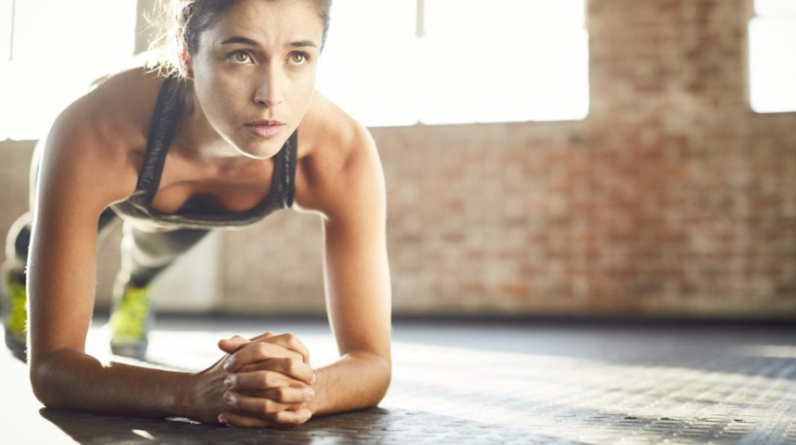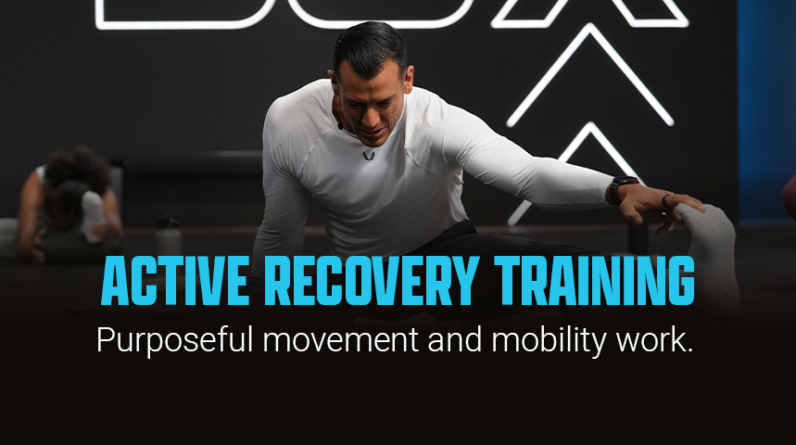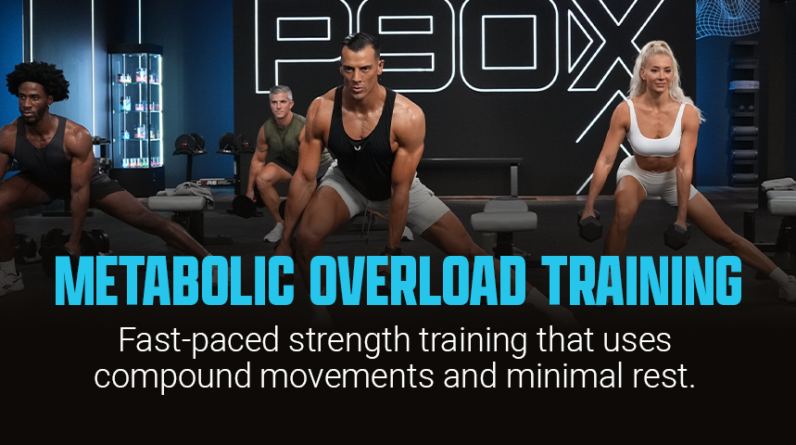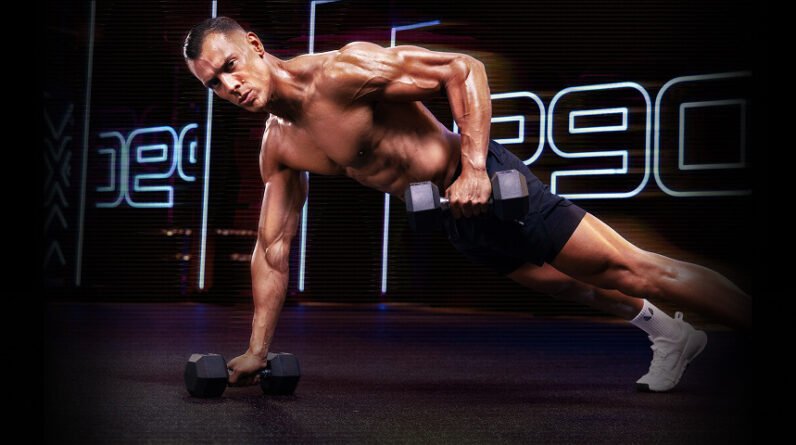
If you’ve ever experienced “barre shake” while plié-ing or trembled during a plank, you might wonder why you shake when you work out.
It’s actually pretty common to experience occasional shaky muscles during a workout, and there are several reasons why it might happen. Fatigue is often one of them, but the more contributing factors there are, the stronger the quivering becomes.
Here are five reasons you may shake during a tough workout — and what you can do about it.
1. Fatigue
This is the most common culprit. When you work out, your nervous system is hard at work: Your brain sends electrical signals to your muscle fibers that regulate the rate and strength of their contraction.
“When your muscles begin to fatigue, you start to lose some of that neural coordination, and [when that] happens, smaller stabilizer muscles kick in,” explains Shawn Arent, PhD, CSCS*D, FISSN, FACSM, professor and chair of Exercise Science in the University of South Carolina’s Arnold School of Public Health.
When you’re pushing yourself past your limits, that process can become a bit irregular, which can cause shaking. This is especially noticeable when you’re fighting to hold your position during isometric exercises like planks.
And it’s not just your muscles that can get fatigued — if you haven’t slept well, it can affect your workout in many ways, and that includes feeling shakier.
2. Dehydration
Shaking due to dehydration is more likely to happen toward the end of a workout, Arent says. Our muscles need the right amount of electrolytes in order to contract, so dehydration can impact your performance and potentially cause you to shake.
Beachbody Performance Hydrate provides an optimal blend of key electrolytes and carbs to help you stay hydrated by replacing what’s lost through sweat.
3. Hunger
Your muscles store carbohydrates as glycogen to use as fuel. If you’re low on glycogen — either because it’s been awhile since you last ate or because you’re eating inadequate carbs — your body may let you know by shaking.
4. Adaptation
Switching up your workouts so that you use muscles in new or different ways can help you grow stronger, but there’s a period of adaptation that goes along with that. Shaking is common during that period. “As you get better at optimally contracting the muscles involved [in the exercises you’re doing], that shakiness goes away,” Arent says.
5. Intensity
“Shaking is often a physiological response to intense, fatiguing work — so if it occurs, it’s probably the result of you pushing yourself too hard, most likely with new, different, or particularly grueling workouts,” says Trevor Thieme, CSCS.
HIIT, MetCon, and heavy leg days are all notorious for causing shaking.
How to Prevent Muscle Shaking
There are a few simple strategies that can help you avoid — or at least minimize — shaky muscles during a workout.
- Make sure that you’re getting enough sleep at night. As previously mentioned, exercise is a complex process of neural signals and coordination, so if you’re nervous system is compromised in any way (like through lack of sleep), your performance will suffer.
- Fuel and hydrate properly before you work out, even if that means the night before. The right pre-workout food will help you stay strong throughout your entire workout, and staying hydrated is important to keep your body functioning in all the right ways.
- Pace your workouts so that you progress at a manageable rate. “If you’re starting to shake during workouts with greater frequency, it can be a sign that you’re overreaching or overtraining, so dial back your training intensity,” Thieme says.
As you get stronger, the shakiness in your muscles should subside a bit: “The better your muscular endurance gets, the better able you are to stave it off,” Arent says. If you feel shaky even when you’re not fatigued, however, it may be sign of hypoglycemia or something else.
“Shaking should be a temporary response,” Thieme says. “If you’re still shaking long after your workout ends, give your doctor a call.”







